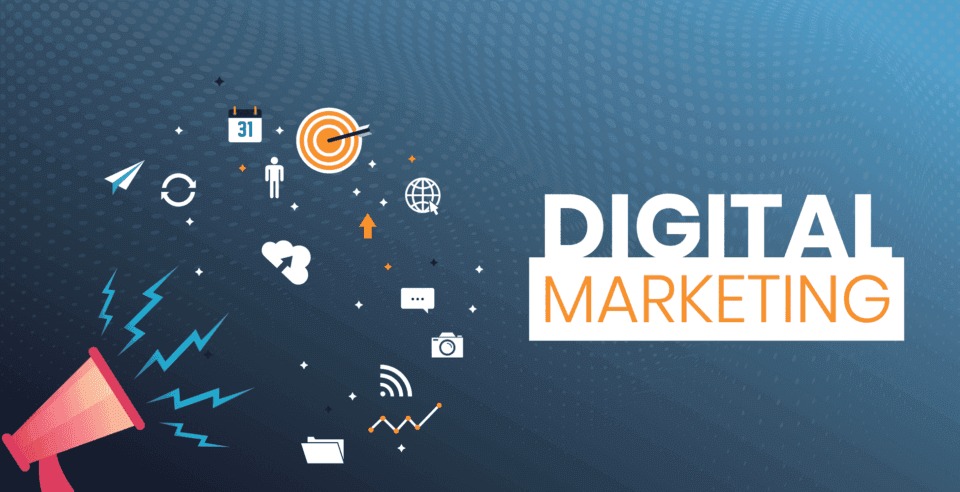Digital marketing by Opiant Technologies is a broad field that encompasses various online strategies and techniques used to promote products, services, or brands on the internet. It’s an essential component of modern business and involves reaching and engaging with target audiences through various digital channels. Here’s a breakdown of the key aspects of digital marketing:

Website and Search Engine Optimization (SEO):
Having a well-designed, user-friendly website is fundamental to digital marketing. Your website serves as your online storefront.
SEO involves optimizing your website to rank higher in search engine results (e.g., Google) for relevant keywords. This helps increase organic (unpaid) traffic.
Content Marketing:
Content marketing involves creating and sharing valuable, relevant, and consistent content to attract and engage a specific target audience. This content can be in the form of blog posts, articles, videos, infographics, etc.
Social Media Marketing:
Leveraging social media platforms like Facebook, Twitter, Instagram, and LinkedIn to promote your brand, engage with customers, and drive traffic to your website.
Email Marketing:
Sending targeted emails to a list of subscribers to build relationships, promote products or services, and increase brand awareness.
Pay-Per-Click Advertising (PPC):
Paid advertising on search engines (e.g., Google Ads) and social media platforms where you pay for each click on your ad. This allows for precise audience targeting.
Affiliate Marketing:
Partnering with affiliates who promote your products or services and earn a commission on sales they generate.
Influencer Marketing:
Collaborating with influencers who have a significant following on social media or other online platforms to promote your products or services.
Online Public Relations (PR):
Managing your online reputation and building relationships with online media outlets and influencers.
Analytics and Data Analysis:
Utilizing tools like Google Analytics to measure the performance of your digital marketing campaigns. This data helps in making informed decisions and optimizing strategies.
Mobile Marketing:
Tailoring marketing efforts for mobile devices, including mobile-responsive websites, mobile apps, and location-based marketing.
Video Marketing:
Creating and promoting video content through platforms like YouTube and social media, which can be highly engaging and shareable.
Remarketing and Retargeting:
Targeting users who have previously interacted with your website or content with specific ads to encourage them to return and complete a desired action (e.g., make a purchase).
E-commerce Marketing:
Focusing on strategies specific to online businesses, including optimizing product listings, shopping ads, and cart abandonment recovery.
Local SEO and Marketing:
Optimizing your digital presence for local searches to attract nearby customers, particularly important for local businesses.
Chatbots and AI Marketing:
Implementing chatbots and artificial intelligence to enhance customer service and personalize user experiences.



Leave a Reply